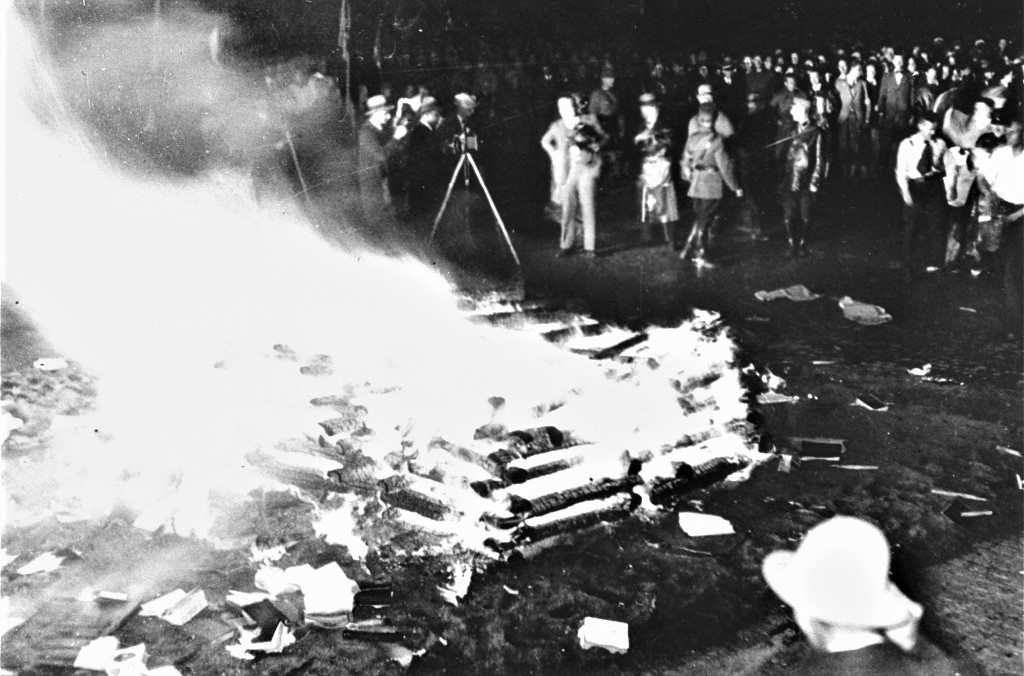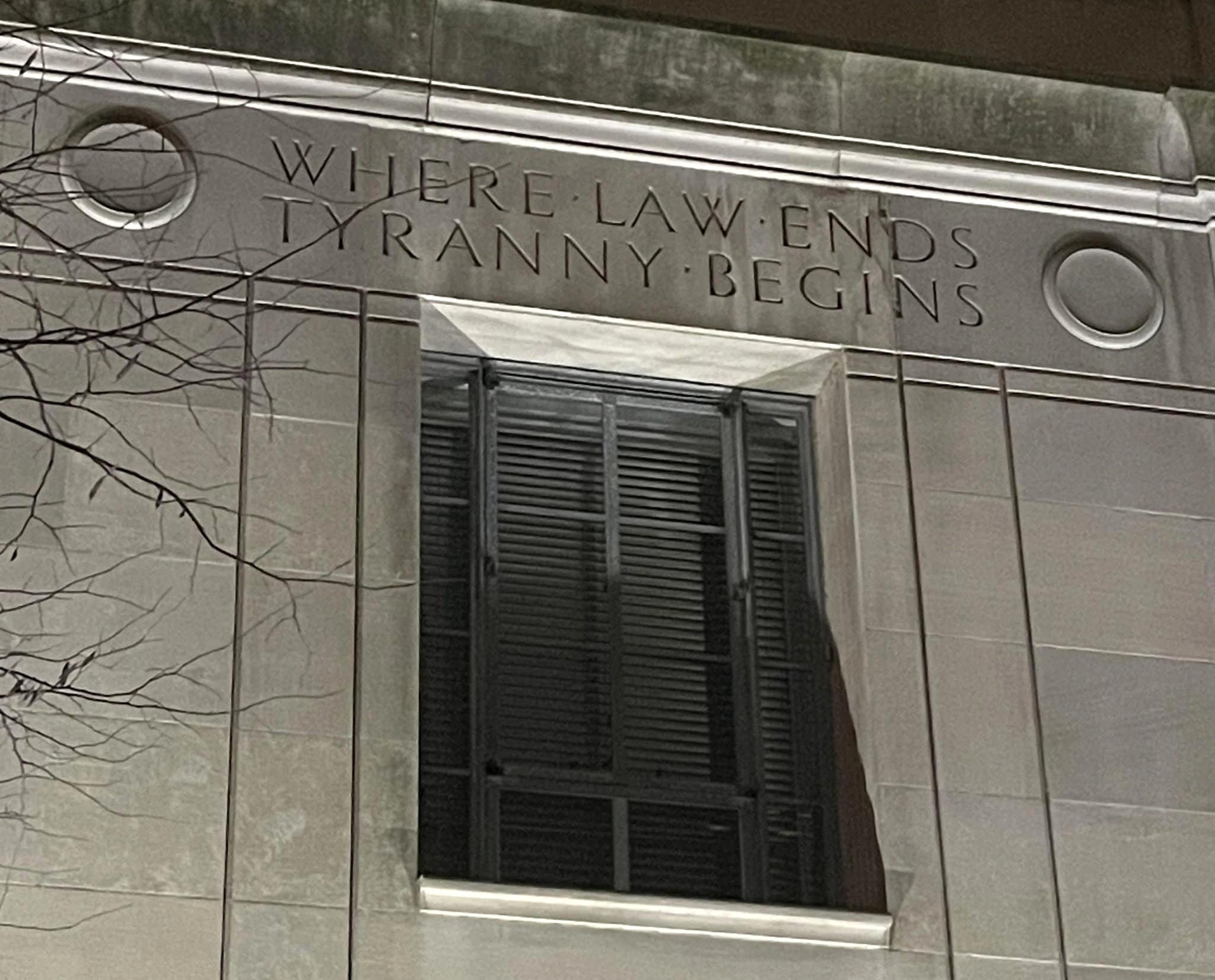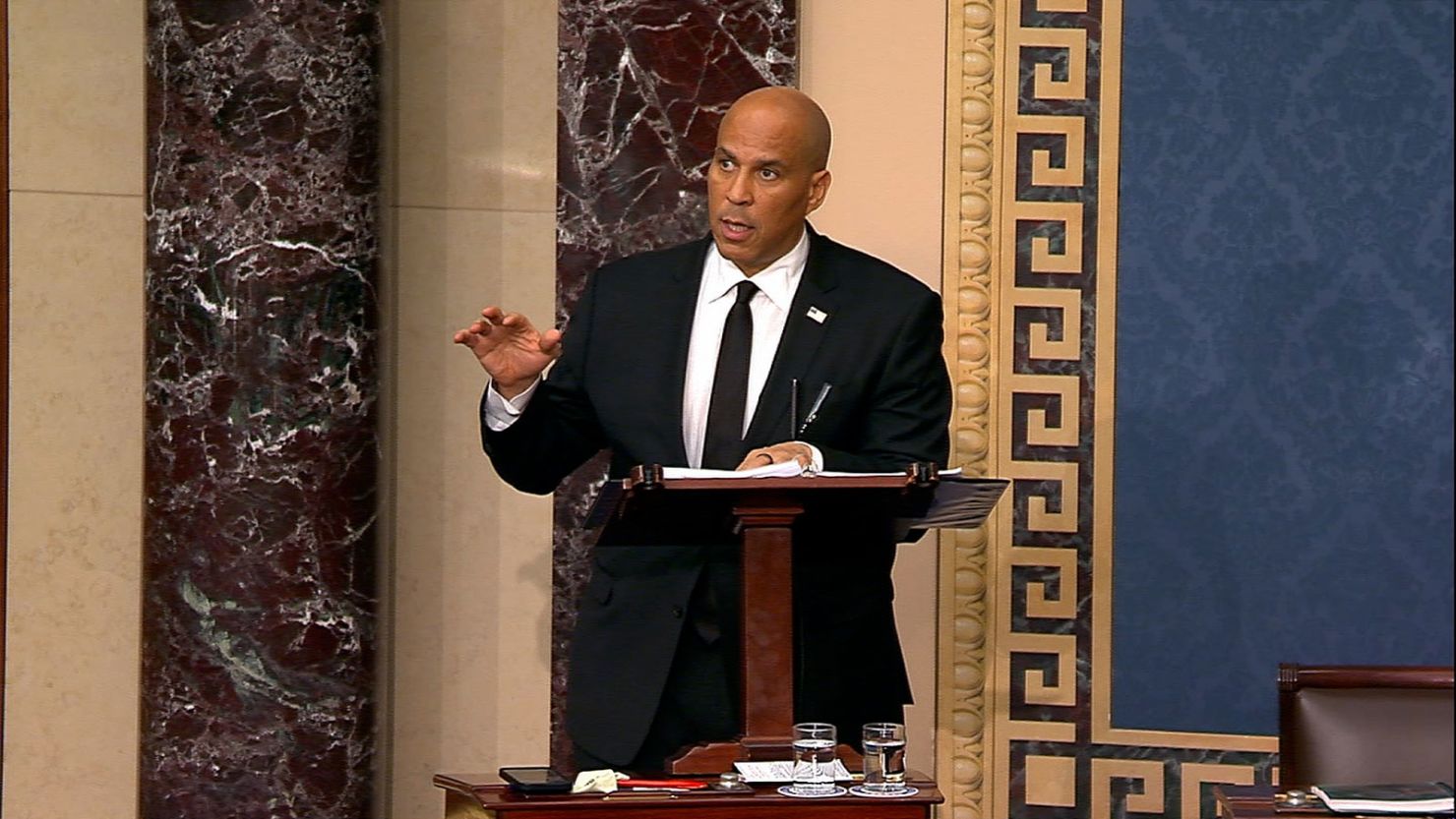
“Those who cannot remember the past are condemned to repeat it.”— writer, philosopher George Santayana
In simpler terms: People who don’t learn from their mistakes don’t grow up. People who shut out the truth about the past, the present or both remain trapped in their own fear.
“In Oklahoma,” The New York Times reports, “a bill was introduced in the State Senate that would prohibit public school libraries from keeping books on hand that focus on sexual activity, sexual identity, or gender identity.
“In Tennessee, the McMinn County Board of Education voted to remove the Pulitzer Prize-winning graphic novel Maus from an eighth-grade module on the Holocaust because of nudity and curse words.”
“Book challenges,” The Times writes, “are a perennial issue at school board meetings and libraries. But more recently, efforts fueled by the country’s intensely polarized political environment have been amplified by social media, where lists of books some consider to be inappropriate for children circulate quickly and widely.
“‘What we’re seeing right now is an unprecedented campaign to remove books from school libraries but also public libraries that deal with the lives and experiences of people from marginalized communities,’ said Deborah Caldwell-Stone, the director of the American Library Association’s office for intellectual freedom. ‘We’re seeing organized groups go to school boards and library boards and demand actual censorship of these books in order to conform to their moral or political views.’”
One of the most acclaimed books of the 20th century, Harper Lee’s, To Kill a Mockingbird, continues to be at the top of the list of books that have been challenged or banned in schools and libraries throughout America—a country where one of its central tenets is freedom of expression. The reasoning: it could traumatize Black students.
In 1933, after “university students in 34 university towns across Germany burned over 25,000 books,” Helen Keller confronted the students in an open letter:
“History has taught you nothing if you think you can kill ideas. Tyrants have tried to do that often before, and the ideas have risen up in their might and destroyed them. You can burn my books and the books of the best minds in Europe, but the ideas in them have seeped through a million channels and will continue to quicken other minds.”
I’m of German descent. Should I have felt traumatized when I studied about Nazi concentration camps?
Despite my heritage, I learned about a hate-filled dictator who indoctrinated others in a hate that was responsible for the genocide of more than 6 million Jews and has since metastasized into the monstrous slaughter taking place in Ukraine. Despite my heritage, I learned not how evil Germans were, but about how one mentally unstable individual could inspire others to commit horrific acts. I learned that in sharing ideas and history we have an opportunity to understand and grow beyond fear and intolerance.
It sickens me to watch some people believe the disinformation and lies of a corrupt and bigoted bully but insist on banning books that reveal a truth–sometimes uncomfortable–that can help us better understand each other.
The purpose of history is to learn about who we were and where we are going. White, Black, Hispanic, Gay, Straight, Old, Young, Jew, Islamic, German, Ukrainian . . . all of us have a stake in learning from the past to live in a brighter, stronger, more inclusive future with equal rights and equal opportunities for all.
If we ban books, shut out ideas, and attempt to change the truth, we condemn ourselves to repeat the tragic mistakes, and horrific acts of the past.
Comments
Leave a Comment











Testing this comment thing.
Again, well said Jim. Another scary topic, “If we shut out ideas, and attempt to change the truth” watch out!